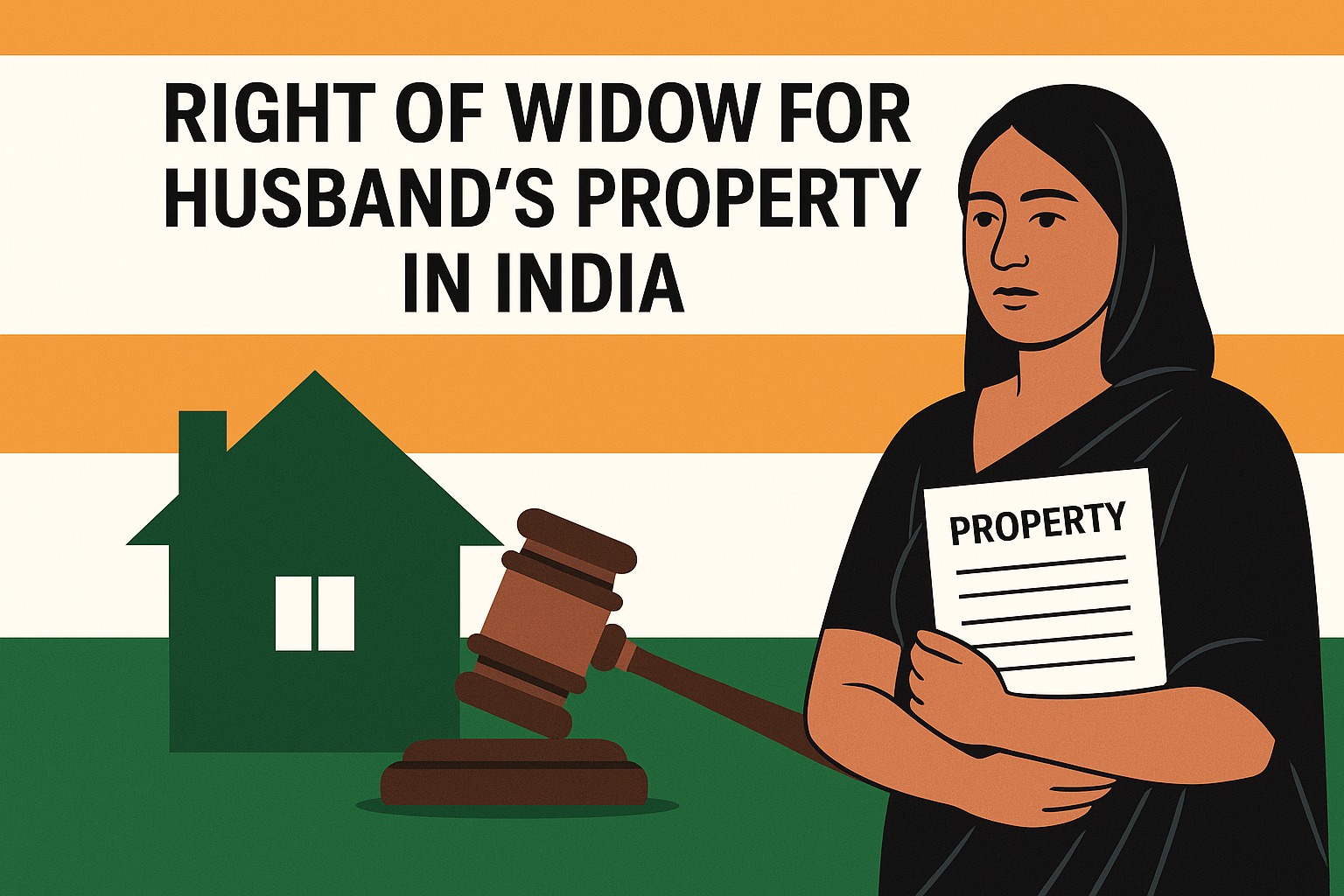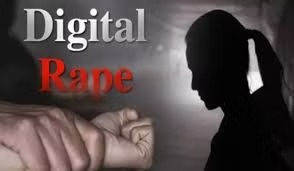K. Kannan, J.@mdashWritten statement filed in court today is taken on record. The petitioner has a grievance about the refusal to condone the absence in requisite lectures in her MBA course that arose on account of an accident requiring her bed rest for six weeks that ultimately resulted in declining permission to take the exams. The counsel for the petitioner would state that the power to condone always existed with the Vice Chancellor and the provision relating to attendance and condonation, if they existed setting out any percentage as a minimum in the University Calendar or statue, it should be only taken as directory and not an inviolable mandate even in deserving situation. The petitioner would rely on a judgment of this Court in Salil Trikha v. Guru Nanak Dev University, Amritsar, and another 2011(1) S.C. T. 587 : 2010 (3) SLR 164 that dealt with the case of a student in LLB class who had a problem relating to his attendance which required a minimum to be 66% in the aggregate and invoking the provision of the University ordinance and Bar Council Ruling providing for power of the Dean or the Principal to condone attendance short of the requisite 66%, the Court held that the power must be exercised to the benefit of the student. The court was considering the medical certificate produced that recommended medical leave for a period of 26 days and when the student was found short by 16 lectures from the minimum required, the Court directed the benefit of condonation to the student.
2. In this case, there is minimum requirement was 75% and the University Calendar provided for further period of condonation upto 10% of the lectures in the particular subject, if the Board recommended such a course and additional 5%, if the Vice Chancellor was of the view that such condonation was essential. In all, therefore, the condonation of attendance that was possible was upto 40%. The University brings out the schedule of the requisite number of lectures to be attended in the six subjects which a candidate was required to take in the second semester, an actual number of lectures which she attended and the relaxation that would be permissible upto the maximum extent. The Schedule is re-produced as under:--
It would be seen that even providing for the maximum extent of 40% of lectures of attendance, the petitioner falls short in each one of the subjects mentioned in the last column.
3. I have seen through the statue of the University that provides for extent of condonation possible in the University Teaching Department. It reads as under:
"1.1 IN THE UNIVERSITY TEACHING DEPARTMENTS. The students will have to attend 75% lectures of the total delivered lectures. The Head of a University Teaching Department may condone the deficiency in lectures upto 10% subject-wise on the recommendations of the Board of Control in the various Faculties except LLB 3 yrs and LLB 5 yrs courses.
Provided that, on the recommendation of concerned Board of Control and Dean Academic Affairs the Vice-Chancellor shall have power to condone overall 5% lectures in case of illness, accident or any other unavoidable reason. Note: In the light of the above amendment the existing ordinances relating to condonation of lectures printed in the various chapters except Faculty of Law, of GNDU Calendar Vol. II, 1999 shall automatically stand deleted. (Syndicate Para 15 (IV) dated 23/4/08)."
If the University stipulates a percentage of condonation, the court''s power to allow for a further expansion of the percentage does not seem to be the theme of Salil Trikha''s case (supra). In the first place, the yardstick required to be applied for a candidate of five years LLB Course cannot also be seen to be same for more intensive postgraduate course in business administration. Relatively higher standards or rigour for a postgraduate course with 75% minimum as stipulated cannot be seen to be unreasonable and it was not as if there was no providing for condonation. The condonation extends to a further 15% and beyond the same the rules themselves do not prescribe for any condonation. There is not even challenge to the rules of the University here. The Courts enforce what the rules state and if there is any rule arbitrary that itself should be subject to challenge. A discretionary power would reside where there is no rule or regulation. If there exists a rule or regulations, the courts cannot provide for a discretionary exercise skirting the University regulation. Salil Trikha''s case was not referring to the particular rules which we are now considering and I cannot take this judgment as laying down a general proposition that the courts will exercise power to condone under Article 226 more than what University regulations approve. I have already extracted the relevant regulations of the University that contemplates condonation in case of accident. It is truly poignant that a student had an accident that made impossible for her to attend to her lectures. Any accident brings miseries, affects life in so many ways and the truth is that it could affect even a student from taking an examination. There are ever so many courses that allow for providing education without having regular classes. Distance education makes possible attendance of a few classes or seminars and relieve a person from attending regular classes. If a person opts for a course which requires personal attendance, he or she ought to know, it accompanies other rigours as well and that would include a compulsory attendance, no matter that there were other supervening events that fettered his or her compliance. There is no scope for judicial intervention in such a situation and the condonation cannot be granted to allow for legitimization of the examination that she was permitted to take by the order of this court. She will take the exam afresh after attending requisite number of lectures.
The writ petition is dismissed with the above observations.
